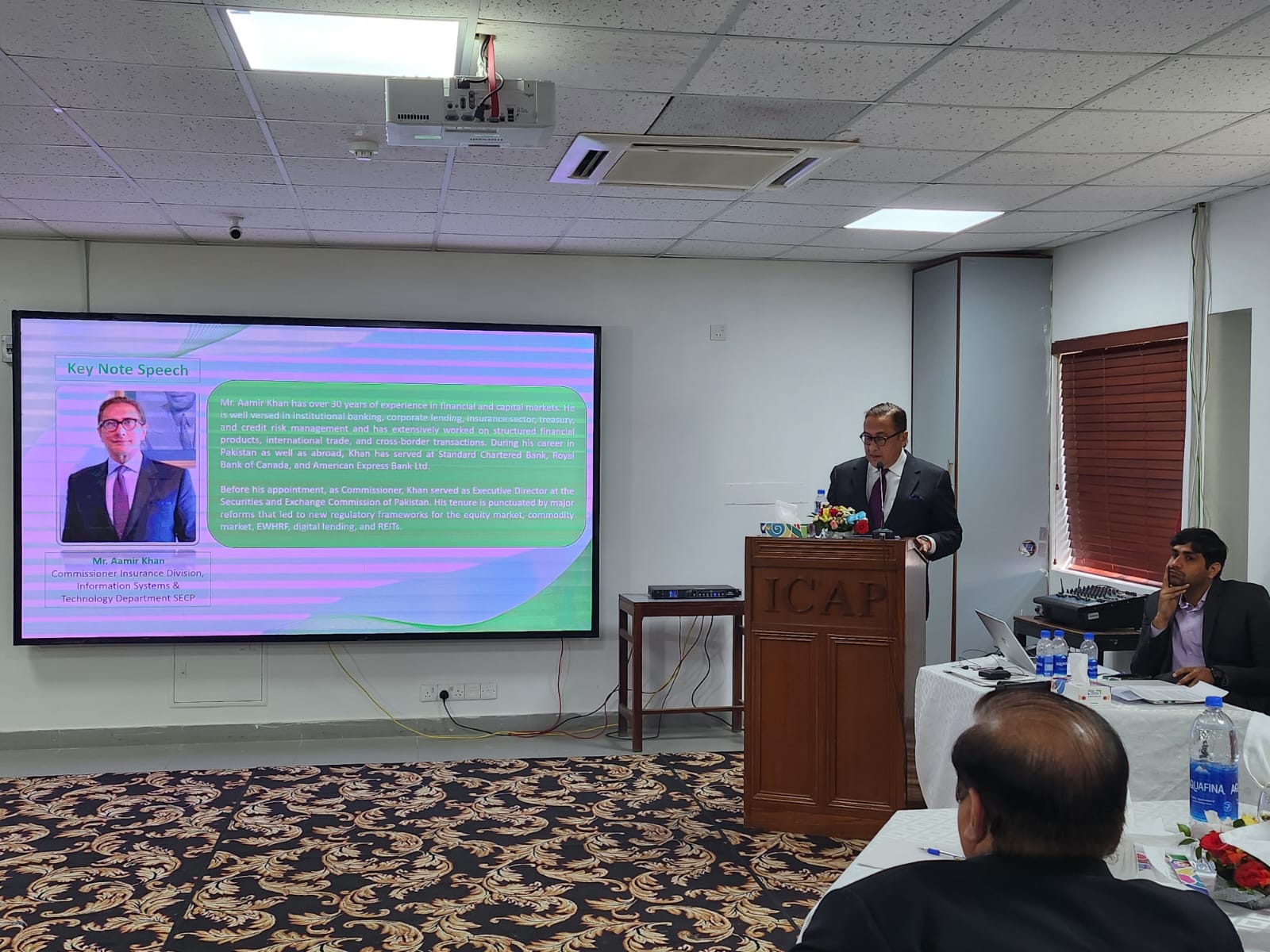April 19, 2019 (MLN): After much discussions with representatives of the banking community as well as State Bank of Pakistan (SBP), the Government of Pakistan (GoP) has drafted a proposal to introduce a Treasury Single Account (TSA). While a decision regarding the implementation of TSA has not been made yet, the banking industry has already started showing signs of distress, which is pretty evident by its performance in the stock market nowadays.
Being referred to as an important component of IMF Plan 2019, this measure is different from the one introduced in 2008 in the sense that it involves a day-end sweep of government cash balances into the TSA, with banks replenished the next morning so they can handle payments, rather than the permanent shift of government deposits to the TSA.
First things first, it is important to fully understand the functionality of a TSA before going into the depth of the magnitude of impact it is going to have on the economy as well as banking industry. According to a research report issued by IGI Securities, TSA is a management tool wherein in contrary to operating segregated multiple banking accounts with various commercial banks, the government instead employs either a single account or a single control account with fully integrated multiple accounts. For that purpose, either SBP or single/multiple commercial banks can act as custodian of TSA.
The main objective of TSA is to improve government’s cash management by consolidating government cash resources as it effectively erodes potential delays in government revenue collection. A single unit of account helps in a reliable forecast of government cash flow which becomes important during budget times, the report added.
Supposedly, this measure is being deliberated upon with the intention of solidifying fiscal position of the GoP, as the transfer of these deposits from Commercial Banks to SBP will allow the retirement of government borrowing from the central bank.
With the implementation of TSA, the government’s fiscal operations could become more efficient, in theory helping reduce government borrowing from the SBP as well as the fiscal deficit.
Without any doubt, TSA is going to be a negative development for banks in terms of systematic risk, as the total government deposits with commercial banks are around Rs 1.9 trillion or 13.7% of total deposits, around which, Rs. 0.9 trillion are Federal.
This would create a serious liquidity crunch, particularly for those banks whose deposit base is significantly contributed to by the government. These include Bank of Khyber (63%), Bank of Punjab (56%), National Bank of Pakistan (29%) and Askari Bank (33%).
However, it is believed that armed forces funds are not part of treasury single account and hence impact on AKBL may be trivial. Furthermore, this measure relates to federal level which may exclude any material impacts on BOP and BOK.
The banks may also lose out on large float income, which may partially be compensated by a fee for handling payments on behalf of the government, but this amount is likely to fall short of the lost float income.
As mentioned earlier, the banking sector started displaying signs of distress as soon as reports of introduction of TSA emerged. However, the SBP immediately issued a notice in this regard, calling out market players to avoid engaging in any speculative activities based on this proposal which is still under examination.
“TSA is being examined by the Government of Pakistan in consultation with SBP as part of its agenda to reform public financial management, however, no decision has yet been made to implement the TSA. Any decision in this regard will be taken after due consultation with all the stakeholders and assessing its impact on the banking industry” the notice said.
Expressing his views on the issue, a renowned economist Mr. Saad Hashmi told Mettis Global News that the ball lies in the court of banking industry, as without their consent the government will not go ahead with the plan, even if it is in the best interests of the economy.
The good news for banking industry is that full implementation of TSA may take up to 1-2 years approximately, as it is unclear whether the clearing & settlement system is robust enough to handle the envisaged day-end sweep.
The bad news for the economy is that the Government of Pakistan has just announced that it won’t take any step without due discussion and consultation from Commercial Banks. As it has already been made clear that TSA is going to be a negative development for banks, it is quite obvious that Commercial Banks may not agree to the proposal. Therefore, the chances of TSA being implemented seem highly unlikely now.
Copyright Mettis Link News
27542







